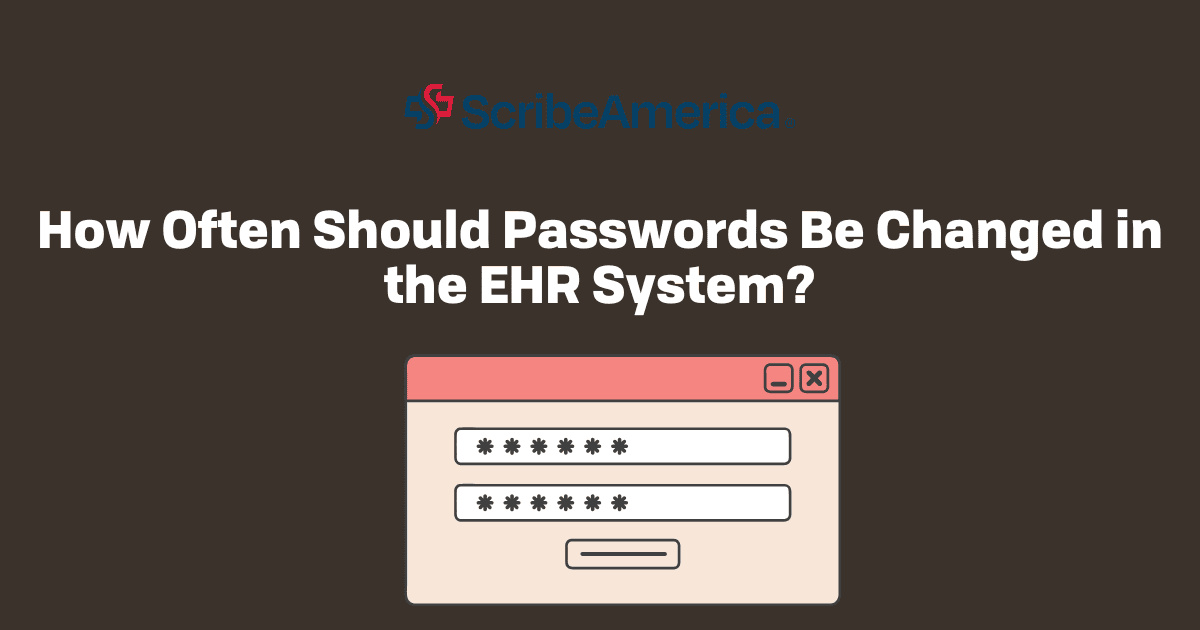In healthcare, support staff are essential to smooth operations and quality patient care. One unsung hero is the endocrinology medical scribe, a specialist combining medical knowledge, attention to detail, and efficiency to free up endocrinologists to focus on their patients. Let’s dive in to learn more about the role of endocrinology medical scribes.
What does an endocrinology medical scribe do?
To put it simply, an endocrinology scribe acts as a documentation expert who assists endocrinologists by recording patient encounters, ensuring accurate, comprehensive, and timely entries into the electronic health record (EHR) system.
An endocrinology medical scribe spends their day transcribing the patient’s history, symptoms, physical exam findings, diagnostic tests, and treatment plans as dictated by the endocrinologist. They might also be asked to update patient records, making sure that all new information is logged into the system and helping doctors maintain compliance with medical regulations. With the growing emphasis on digital records and electronic prescriptions, their role is truly indispensable.

What makes a great endocrinology scribe?
Being an endocrinology scribe isn't just about being quick with a keyboard. It’s a job that demands a high level of accuracy and understanding of complex medical terminology. From thyroid diseases to diabetes and hormonal imbalances, the scribe must become familiar with these conditions and how they’re managed.
In addition to understanding medical jargon, an effective endocrinology medical scribe should possess strong listening skills. They must be able to capture detailed information during a patient’s appointment while maintaining the flow of the conversation without missing key details. Being able to focus and prioritize is another essential skill, as the scribe has to manage various tasks, including documentation and handling patient records, without disrupting the doctor-patient interaction.
Moreover, most medical practices use EHR systems, and a scribe’s ability to navigate them efficiently can make a significant difference in the speed and accuracy of data entry. Last but not least, understanding the importance of patient confidentiality and adhering to HIPAA regulations is also critical.
The importance of endocrinology medical scribes in patient care
While it may seem like an endocrinology scribe is just typing away in the background, their contribution goes beyond mere transcription. By handling the documentation, they allow the endocrinologist to devote more time to direct patient care. This leads to more efficient and effective consultations, with fewer distractions for the healthcare provider.
Additionally, having a dedicated medical scribe can reduce the risk of errors. By accurately documenting clinical encounters, the endocrinology scribe ensures that all of the information is captured correctly, reducing the chance of miscommunication or mistakes, leading to improved outcomes and a higher standard of care.
In the long run, an endocrinology scribe helps streamline the healthcare process, contributing to a more efficient, accurate, and patient-centered experience. This behind-the-scenes role is a vital piece of the puzzle in ensuring that patients receive the best care possible.
Want to learn more about the role and importance of medical scribes? Check our article: Where do medical scribes work & does it matter?




